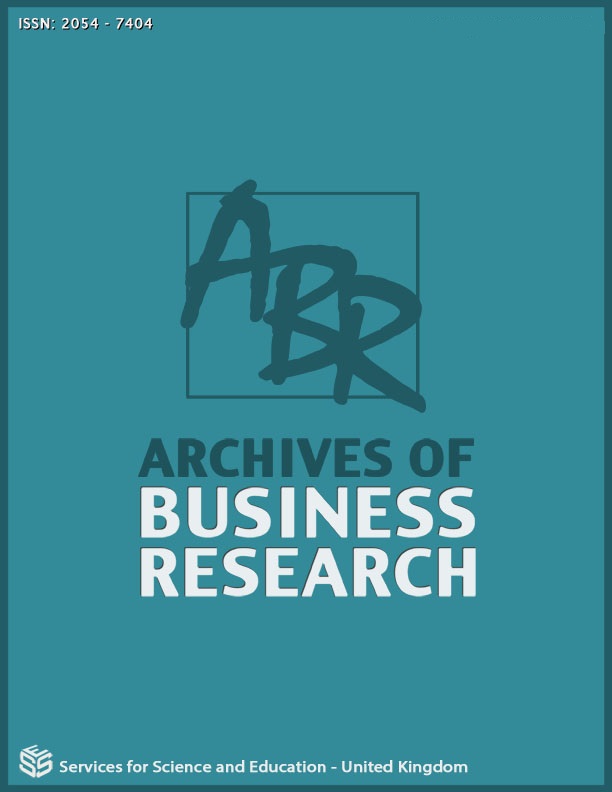Fraud Prevention Strategies: An Integrative Approach on the Role of Forensic Accounting
DOI:
https://doi.org/10.14738/abr.107.12613Abstract
This study examined the role that forensic accounting play in aiding the success of fraud prevention strategies in combating frauds at both corporate and national levels. The study adopted the exploratory research design methodology involving extensive review of published articles, periodicals and other materials relevant to the subject matter. The study found that while the use and deployment of forensic accounting tools and techniques have made appreciable progress in the developed world, its appreciation and usage in emerging economies is still at the embryonic stage due to lack of political will, poor ethical tone set by management and dearth of skilled forensic accounting professionals. It therefore recommended that to ensure sustainable success of fraud prevention strategies, management of both public sector and corporate entities should demonstrate the needed political will and set the right ethical tone at the top through their actions and activities. Similarly, efforts should be made to continually upskill anti-fraud staffs (internal audit, forensic accountants, forensic investigators) through trainings and awareness programs on the latest fraud prevention methodologies. Also, that in view of the rising cases of cybercrimes, nation states should urgently consider the signing and implementation of legal treaties and frameworks to combat the scourge.
Downloads
Published
How to Cite
Issue
Section
License
Copyright (c) 2022 Olubunmi A. Ogunode, Samuel O. Dada

This work is licensed under a Creative Commons Attribution 4.0 International License.






